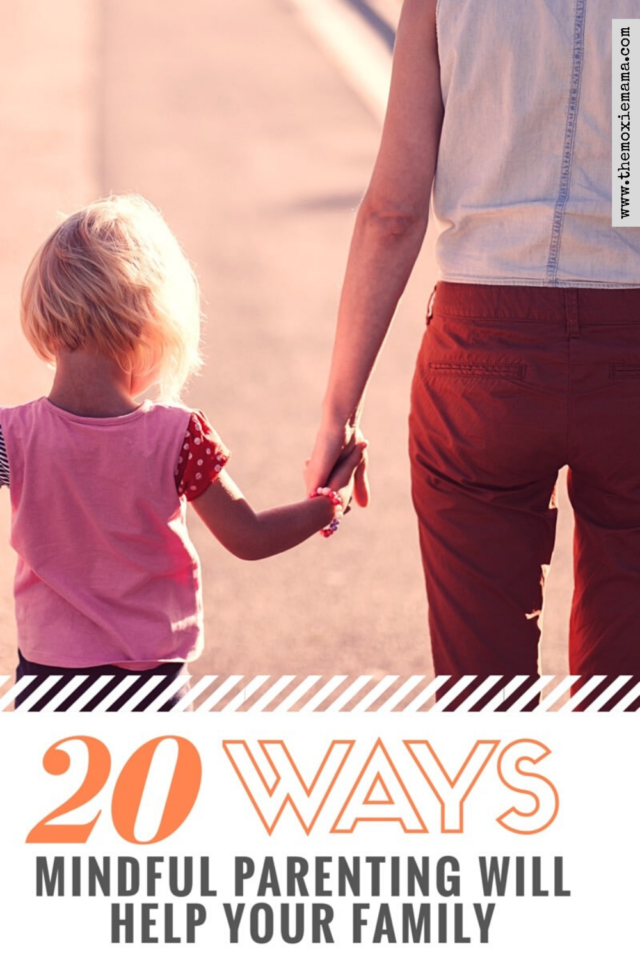Mindfulness as well as mindful parenting has shown to be valuable for both parents and children. Many studies have exposed both the short- and long-term advantages of integrating mindful parenting routines into families’ lives.
Mindfulness is not just specific practices. They are acts that produce less distress, more dignity, and harmony into your life. Once you understand the advantages of mindfulness and how they motivate your way of life and spirit, there is no other alternative. Practicing mindfulness has a positive influence on you and those connected to you, including your children.
According to the Greater Good Science Center at the University of California, Berkeley, mindfulness means “…maintaining a moment-by-moment awareness of our thoughts, feelings, bodily sensations, and surrounding environment.” Mindfulness also comprises of tolerance by focusing on our feelings and moods without evaluating them. When we apply mindfulness, our beliefs adjust into the present rather than the past or abstract future.
Family mindfulness activities can include: mindful eating, mindful speaking & listening, 5 minute family meditations, practicing yoga as a family, family journaling, body scanning, mindful breathing, and the 5 senses exercise, to name a few.
For parents and children, mindfulness practices offer many advantages. Here are 20 benefits mindfulness can provide for your family.
20 Mindful Benefits for Families
For Parents
- More patience and allows us to be more present.
- Permits us to pay attention and support our children.
- Decreases reactivity due to calm responses
- Promotes emotional consciousness.
- Permits us to practice self- control.
- Improves gratitude in all moments with our children.
- Helps us make better choices by becoming adjusted to and acknowledging of our children’s needs.
- Sponsors secure connections with our children and an open connection.
- Fosters empathetic and relaxed consciousness in all dealings.
- Simplifies finding gratification in and awareness of simple pleasures.
For Children
- Matures the area of the brain responsible for emotions and impulse control.
- Decreases anxiety, stress, and fears and permits for a less reactive child.
- Encourages feelings of security and safety.
- Increases self-confidence, self-awareness, self-reliance, and self-assurance of their thoughts and feelings.
- Develops resilience and positive emotional intelligence.
- Produces appreciative, compassionate, and empathetic children capable of living the moment.
- Increases focus, attention, concentration, learning, and problem-solving skills.
- Improves parent-child relationships during childhood and teenage years.
- Reduces behavioral issues.
- Cultivates more socially competent children.
Like any skill, family mindfulness takes practice. Try a few of these out and see what works for you and your family. You can also research other mindfulness practices that will work for your family and bring about many healthy habits and benefits.



